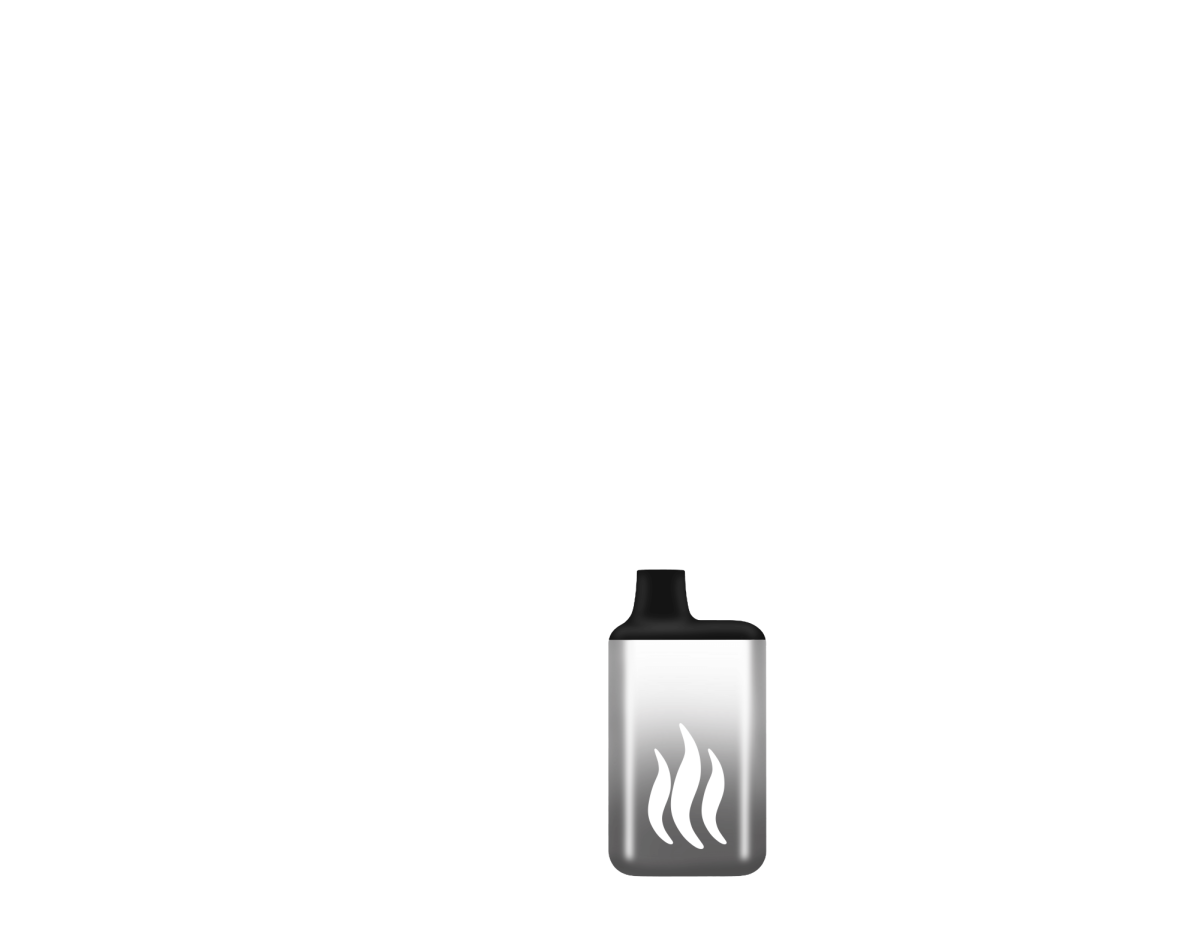Trump’s victory makes him both the oldest person ever elected president and the very first president since Grover Cleveland to be elected to two non-consecutive terms. But his second term stands poised not as a rerun, or even a sequel, but as a director’s cut. A term more unabashedly chaotic, more unabashedly authoritarian, and most authentically Trump.
Trump’s first term administration was, at its heart, an outgrowth of conservatism. Jim Mattis in Defense, John Bolton in National Security—these were institutionalists, not acolytes of Trumpism itself. This tempering of MAGA authoritarianism can be seen all throughout Trump’s presidency. From 2016 to 2020, many of Trump’s worst instincts were tempered.
A second term will be different.
A second term will see a cabinet stocked full of loyalists. A second term would see Trump wring out the last droplets of dissidence, stomp out the last sprigs of Pence and Romney and Cheney and annihilate every last whiff of an old guard. Barring exceptional circumstances, 2028 seems all but assured for Vance’s coronation, who stands poised to continue Trump’s legacy both politically and ideologically.
It’s not just America—the effects of a second Trump presidency are clear to see globally. Should some of his rhetoric on foreign policy come to fruition, Russia could soon envelop Ukraine. Should some of his statements on NATO come true, America could see itself withdrawn from the world stage, in its wake a vacuum for autocratic regimes to fill.
The reality is, the behavior of our country is never relegated to within American borders. Our actions don’t echo—they ripple. On climate change, for instance, a second Trump presidency will see the United States, just as it did under his first term, abdicate any semblance of leadership on the environment. In doing so, the already precarious state of the world climate will see itself further ushered down a path of global ruin.
For Democrats, the whole process was an emotional rollercoaster. For a while, the whole thing seemed a fait accompli: Biden stuttering, staggering, stumbling to defeat. Harris was a bright, burning flash of hope, but ultimately, just that—a flash.
If the party wants to survive, it’ll need to change, and change fast. Tuesday night wasn’t just a rebuke of Harris. It was a full-fledged endorsement of the Republican agenda, flipping the senate and maintaining the house. Whoever runs in 2028 will need to rebuild an already crumbling coalition. They will inherit a party that suffered a landslide defeat and they must fight their way back into congress. As of today, no candidate seems particularly capable, or even willing, to take the job. Josh Shapiro, maybe?
Now, Harris’s defeat is no anomaly in the global mood. From Liberals in Canada to the Tories in England, incumbent parties worldwide have seen a startling unpopularity. Perhaps defeat was a simple inevitability this year. What makes the loss all the more tragic is that even in making a historic decision –the near-unheard choice to change presidential candidates– the democrats were unable to prevail.
Rich and poor, black and white, Trump’s gains were sweeping. Across nearly every demographic, the former president saw sizable gains over his 2020 performance. Even seemingly unshakable blue states showed fissures—New Jersey, for instance, a state that’s voted decisively Democratic for the last three decades, had Harris win by a mere five point margin. New York, which has gone blue ever since Reagan’s ‘84 landslide, was closer than Florida—a swing state less than a decade ago. And what’s particularly galling is that the voters among which Trump best performed relative to 2020—Hispanic, Black, and youth voters—are all groups among which Democrats have been historically favored. To be clear, this is not an indictment of those voters for making the “wrong choice”. This is an indictment of an incompetency so great within the Democratic party that Donald Trump appeared an appealing option. The magnitude of Trump’s victory reveals this loss as a systemic messaging failure.
The largest issue within Harris’ campaign was the emphasis on abstract issues. The health of democracy, the upholding of the Constitution, the moral foundations of the US government. These issues simply aren’t what the average voter cares about. The average voter cares about what’s right in the present: inability to afford childcare, price gouging at the grocery store, and an overall depletion of the US economy. The Harris campaign failed to address the most fundamental, basic issues. On the other hand, Trump’s campaign was exceedingly easy to understand. Vote for me and your taxes will go down. It was an acknowledgement of the prevailing dissatisfaction that American voters feel with the status quo. When Democrats claimed that Trump would tear down our institutions, they thought it a snub. But to the millions of Americans viscerally upset with the establishment, those words were in their own way an endorsement.
January 6th.
34 felonies.
Grab them by the p***y.
All across the nation, coast to coast, swaths of New York Times-reading liberals ask themselves the same question. How? How could someone so base, so perverse, so noxious, possibly rise to the presidency—again?
Once is an aberration. Twice is a pattern. It’s easy to criticize Trump, but the enduring lesion our country faces isn’t the man himself. It’s the apathy and the anger and the malaise that made him, in the eyes of tens of millions of Americans, a messiah.





